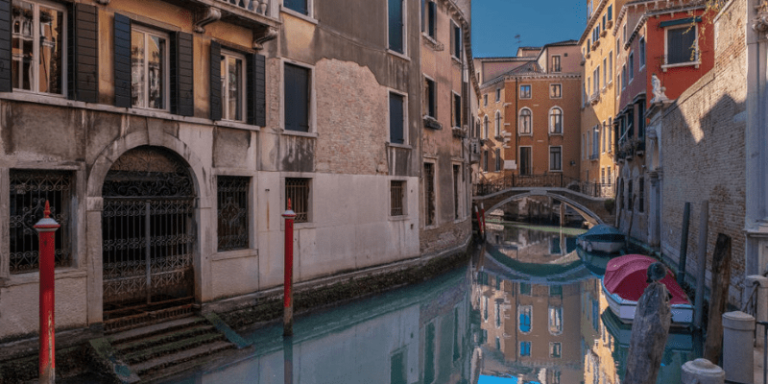Coronavirus Lockdown: Hard on Humans but Nice for Nature
The pandemic response has been hard on people, but good for nature.
By: Kelli Ballard | May 12, 2020 | 492 Words

(Photo by Roberto Silvino/NurPhoto via Getty Images)
While humans are shutting themselves indoors to avoid the Coronavirus, the animal kingdom is taking advantage of the extra roaming space. Cities and tourist areas that are usually bustling with activity have been shut down, giving animals an opportunity they just can’t pass up to explore and conquer.
In South Africa, the lion pride usually does not venture into the Kruger National Park. However, with the shutdown, Kruger has been closed to tourists. The pride was seen being lazy, lying on the tar road that would usually be traveled by humans.
Yosemite National Park in California has its fair share of black bears: between 300 and 500. The park has been closed to visitors since March 20. Without humans clogging up nature, the black bears widened their roaming and were spotted climbing a tree next to the ranger housing.
Kangaroos are part of the Australian culture, much like Pandas are in China, although usually they’re not spotted hopping around town. That’s what happened in Adelaide, a coastal city in southern Australia with a population of more than 1.2 million. Since humans were locked away inside their homes, at least one kangaroo decided to investigate the usually bustling city.
In Thailand, turtles took advantage of the absence of humans and were able to increase the number of their nests, reaching a 20-year high.
The animals aren’t the only ones to use reduced human activity for their own benefit; Mother Nature has used the opportunity to clean up some of the planet’s polluted areas. With a ban on traveling, there are fewer planes in the skies, trains on tracks, and vehicles on the roads to add to the environment’s pollution. This has cleaned the air, allowing for bluer skies than some have seen in a long time.
It’s also had some interesting results on bodies of water, such as in Venice. The Italian tourist destination has been devoid of activity since March when it was shut down amid the pandemic, and since then, there’s been a noticeable change to the canals. After just a couple of months of reduced boat traffic, exhaust from vehicles, and virtually no human activity, the waters have cleared up, and even small fish can be seen swimming around. Satellite images show that nitrogen dioxide emissions had reduced over Northern Italy.
In China, where residents were wearing masks long before the COVID-19 outbreak due to severe pollution, emissions fell at least 25% a couple of months ago. Days with “good quality air” had improved by 11.4% in 337 cities across the country compared to the same time last year, according to the Ministry of Ecology and Environment.
Although the human race has been sacrificing its freedom, losing jobs, and being separated from loved ones, there are at least a couple of positive aspects for which we can be thankful. How long these helpful events continue now that countries across the globe are starting to reopen is anyone’s guess.
















